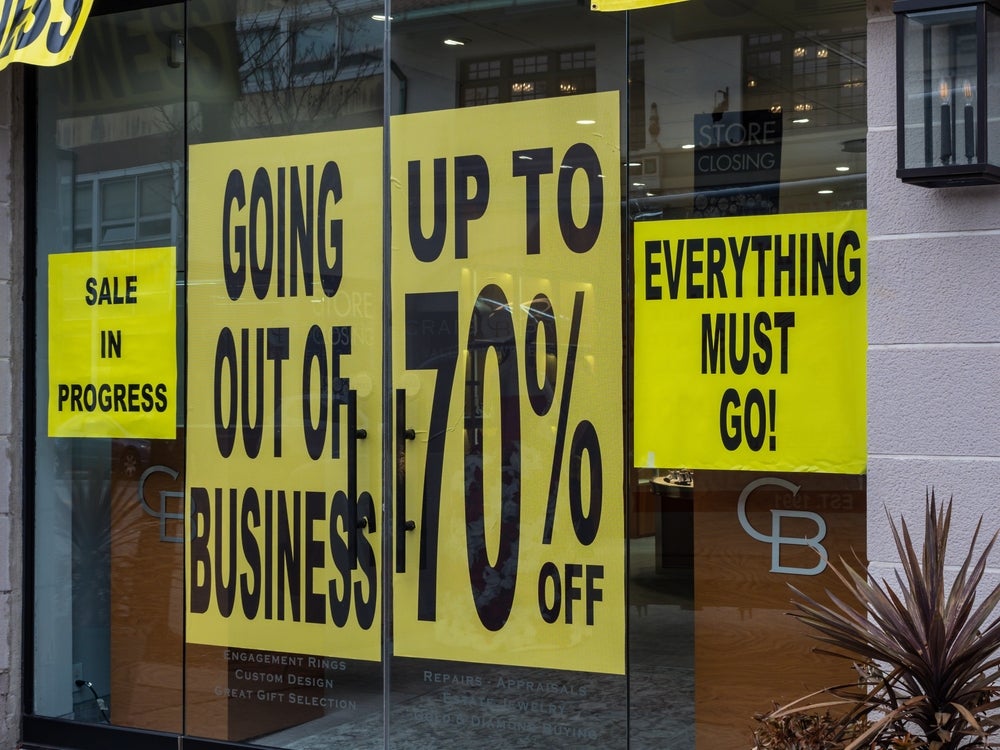A recent SME insights report by Dojo, who specialise in card payments for independent and enterprise businesses, warned an estimated 110,940 SMEs are at risk of going bust due to having no cash left to support business operations.
The study also revealed that over 30% of SMEs cited rising inflation and high interest rates as their biggest challenge for 2024. Additionally, 1 in 6 SME owners felt unconfident to some extent in their understanding of the term “cash runway” – the number of months a business has until cash runs out.
Dojo also spoke exclusively with business accounts expert, Mya Akbar, to get an expert view on the perfect length of cash reserve that an SME should aim to have.
NEARLY 30% OF SMES HAVE LESS THAN FOUR MONTHS WORTH OF CASH
| Cash reserve length | Percentage of SMEs* | Estimated number of SMEs with cash reserves |
| None | 2% | 110,940 |
| Less than a month | 0.2% | 11,094 |
| 1-2 months | 7% | 388,290 |
| 3-4 months | 21% | 1,164,870 |
| 5-6 months | 30% | 1,664,100 |
| 7-8 months | 20% | 1,109,400 |
| 9-10 months | 12% | 665,640 |
| 11-12 months | 6% | 332,820 |
| More than a year | 2% | 110,940 |
2% of businesses have no cash reserve
Having no cash reserve puts business owners in a potentially high risk situation, placing the 2%, or estimated 110,940[1] UK SMEs, facing this issue in serious financial trouble.
Having no cash runway was the most common amongst smaller businesses with 1-9 employees (10%). For businesses this size, the biggest challenge was financial stress, felt by 41%, more than any other company size.
Nearly 30% of business owners have less than 4 months of cash left
Access the most comprehensive Company Profiles
on the market, powered by GlobalData. Save hours of research. Gain competitive edge.

Company Profile – free
sample
Thank you!
Your download email will arrive shortly
We are confident about the
unique
quality of our Company Profiles. However, we want you to make the most
beneficial
decision for your business, so we offer a free sample that you can download by
submitting the below form
By GlobalData
Of those business owners surveyed, 28% revealed they had less than four months of cash left to support their business.
Up to 4 months of cash reserve was the most common among businesses with 10-49 employees (56%).
The majority of businesses have 5 to 6 months of cash reserve
30% of the UK’s small businesses have between five and six months’ worth of cash left to support their operations. This is a very healthy cash reserve for businesses to have, according to the accountancy expert who spoke with Dojo.
A cash reserve of this size was most common among businesses within the education industry (41%), businesses with a turnover of £1M – £9.99M (35%) and companies with 50 – 99 employees (34%).
Just 2% of businesses have over a year’s worth of cash to support their operations
The study revealed that only 2% of businesses have over a year’s worth of cash reserves to sustain their operations. With 98% having under a year’s worth of cash, this indicates a significant vulnerability in long-term financial stability among the majority of businesses and highlights the necessity of support options.
Business accounts expert reveals the length of cash reserves SMEs should have
Speaking about cash reserves, exclusively with Dojo, Mya Akbar said, “It’s generally recommended that a small business maintains a cash reserve of at least 3 to 6 months’ worth of operating expenses, however, businesses in volatile industries may need a longer reserve, 6 to 12 months.”
Explaining the importance of cash reserve, Akbar shared: “Cash reserve is very important for businesses to have, consistent operations, buffer for unforeseen expenses, provides decision making freedom, negotiation leverage, protection within economic downturns, attracting investment and reduced financial stress. Financial stress is the most common challenge (30%) that SME owners are facing at the moment, according to Dojo’s study, further emphasising the final benefit listed.”


